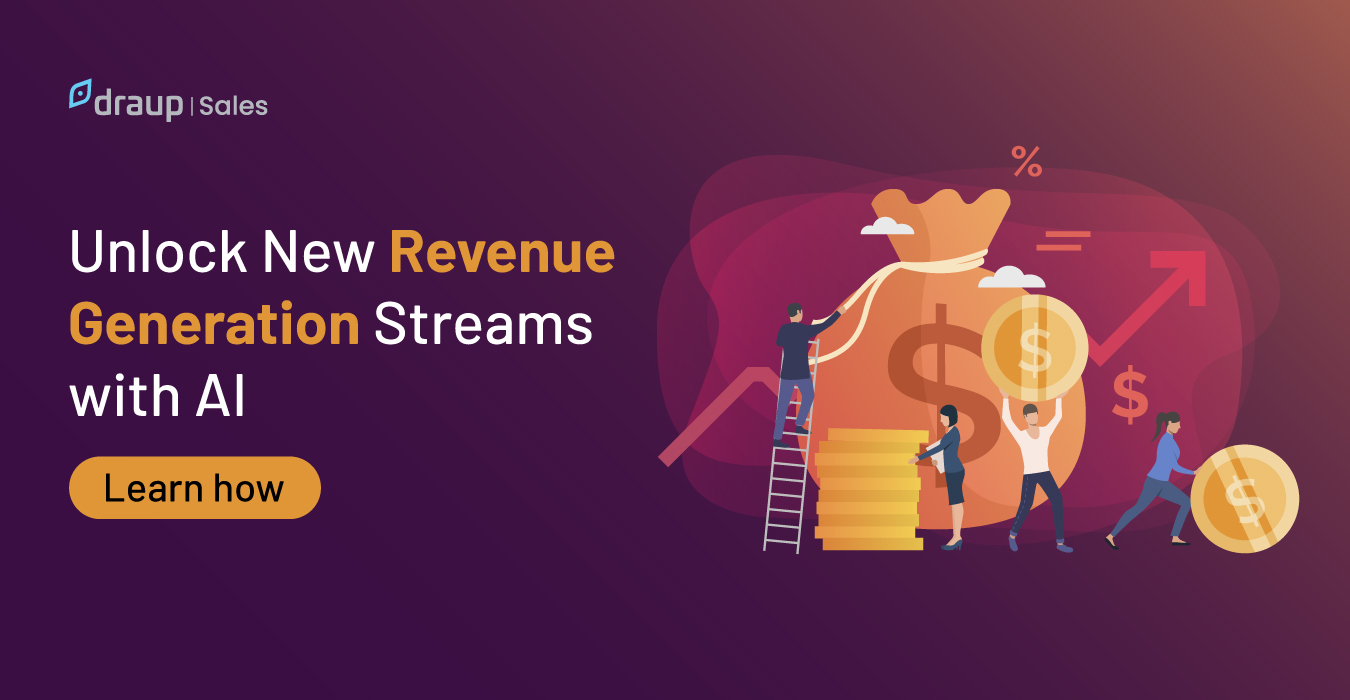In unprecedented times like these when the physical experience of a workplace seems like a distant future, engaging employees has become a major challenge for the majority of the organizations. With sudden shifts in the economy, challenging customer needs and tough competition in the market, traditional HR practices are hardly sufficient. Employee Experience, the new norm that has become prevalent in remote working scenarios, is consistently outshining traditional employee engagement measures.
Employers have realized that the workforce is the major asset and has started investing in employee experience (EX) to increase the user experience (UX). Key players like Sap and Campbell have reported an increase in their stock up to 13% post focusing on employee experience strategies. Workday regularly appears on the list of “Best Workplace for Millenials”, who has tripled its stock size and is one among the top picks for employment due to EX. These statistics call out the impact of employee experience in the market.
EX extends from pre-employment to post-employment in an organization. The needs of millennials are hugely different from the previous generations as their focus is more on growth opportunities, flexibility, employee-friendly culture, and diversity & inclusivity. It is imperative to attract them for better performance. New age connecting platforms like job review sites have become a major source for attracting talent. Hence your company will have to outdo your peers and be appealing to millennials the most. Foods and Consumer goods industries like Wegman invest 50 million dollars in employee development each year, and it is one among the top picks for companies by candidates. Post recruitment, factors like smooth onboarding, growth opportunities and consistent feedback to the employees can increase their morale.
Daily interactions with their managers, colleagues, support teams such as HRs can influence employees’ journey; hence employers must strategize to increase the quality of their experience. Key players like Arby have devised initiatives like ‘Arbys Brand Champion program’ to train their employees on how to work better with customers, enabling increased performance and a steady increase of $21 of their stock to date.
With the remote work setup, technology plays an important role in managing the employee experience. Interfaces which help teams to stay connected with the organization increases their sense of belonging and boost their morale. Technology stack also helps to decrease mundane tasks enabling more opportunities for the workforce to engage in impactful initiatives of the organization. Psychology professionals also play an important role in maintaining the well-being of employees. Mental health being the primary concern of the workforce and especially millennials, employees would highly value such initiatives and feel connected to the organization.
Exit interviews during the post-employment phase help to identify the pitfalls and their feedbacks can enable more strategic outcomes. If the alumni’s experience has been fruitful, they can be the ambassadors and help to attract more talent.
Employee experience is a contributor to increased business performance, less turnover and improved employee morale. Draup assists organizations to identify the prevalent challenges and tried–out solutions and challenges faced by the workforce of peers. It helps users to inculcate or imbibe from the good practices in the industry. Draup also aids users to plan the reskilling journey of executives through Reskill Navigator feature with suggestions of possible career transitions, gap analysis and the courses that help in skill acquisition.







